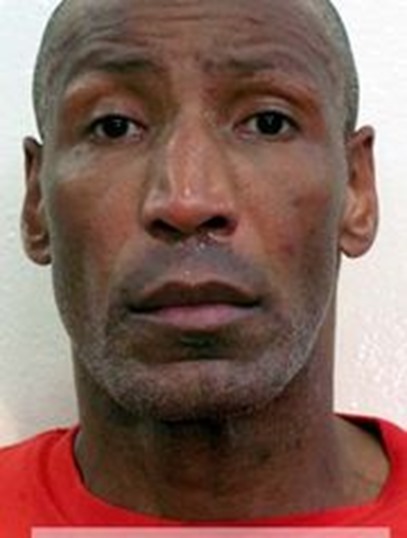Cincinnati
October 3, 2014

Deborah Pooley hadn’t a clue the horror that awaited her when she parked her car outside her Covington apartment the night of May 29, 1987.
At 36, she was set on making a fresh start after a few years in Miami, Florida, had a boyfriend, a manager’s position at Barleycorn’s Yacht Club and plans to care for her parents in Hamilton, as they grew older.
Instead, her life would come to a grisly end, and her death would lead Kentucky into a fierce debate over justice, the state’s death penalty and who should die by it.
For 26 years Gregory L. Wilson has sat on death row for kidnapping, raping and murdering Pooley, assisted by his then-girlfriend Brenda Humphrey, who is serving a life sentence with a chance at parole in 2017.
But now, a new twist may change what is written in history, and add fuel to the ongoing debate over capital punishment, currently on hold in the Bluegrass State because of legal challenges by Wilson and others.
The Supreme Court of Kentucky has agreed to take another look at the case to determine whether Wilson had inadequate representation more than a quarter century ago, and if a full review of DNA evidence should be conducted.

They are scheduled to hear oral arguments on Oct. 16.
Wilson’s attorneys, some of the leading public defenders in the state, argue Wilson didn’t get the chance to prove he didn’t kill Pooley or rape her. Someone else, they suggest, has gotten away with murder for a quarter century.
Depending on whom you ask, Wilson’s initial conviction was either solid or a “charade,” as one federal judge put it, and with the filing of this case, Wilson’s attorneys are asking the Supreme Court of Kentucky to decide, said Michael J. Zydney Mannheimer, a professor of law at Northern Kentucky University.
Depending on the outcome, it could spell another appeal for Wilson, Mannheimer said, and possibly his eventual exoneration of the murder and rape charges.
“If everything is true about what his trial council did … it would strengthen the (Kentucky court) system to give Mr. Wilson a new trial,” said Mannheimer, who served as a co-chair for the American Bar Association’s Kentucky Death Penalty Assessment Team, and “weakens the case for executing him.”
On that night in 1987, Pooley stepped out of her car and was approached by Wilson and Humphrey, according to the facts established at trial. They intended to rob her, forcing Pooley back into her car at knifepoint.

